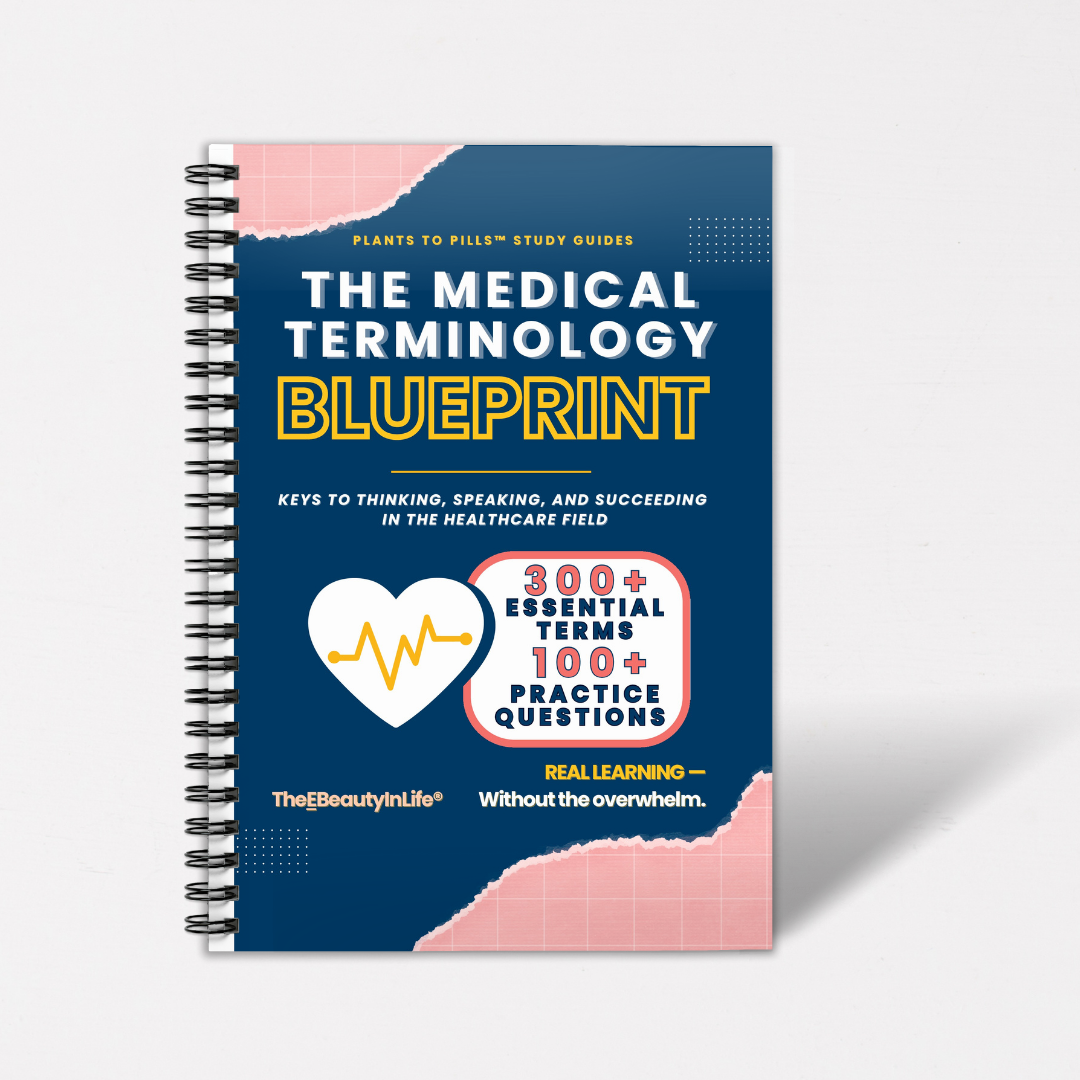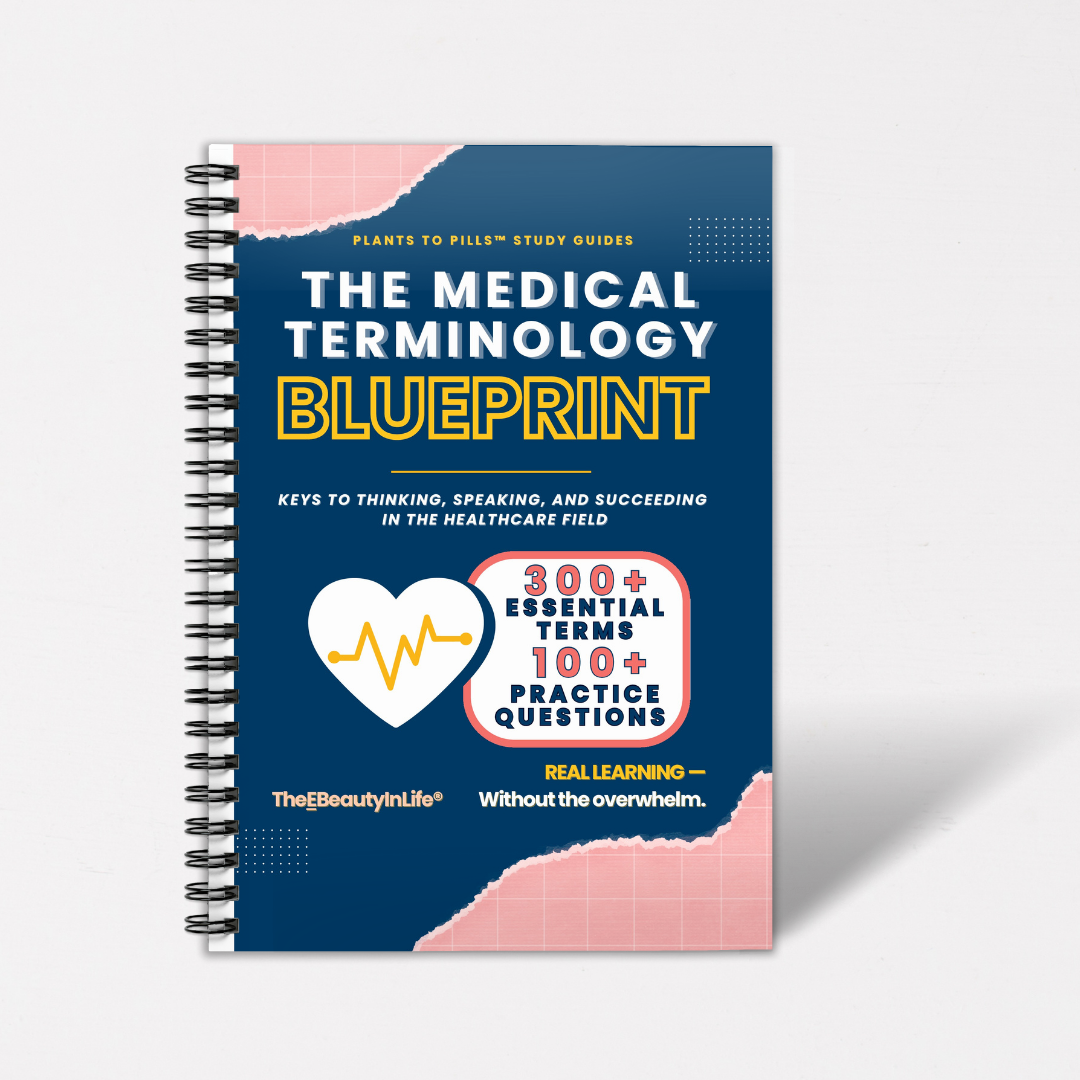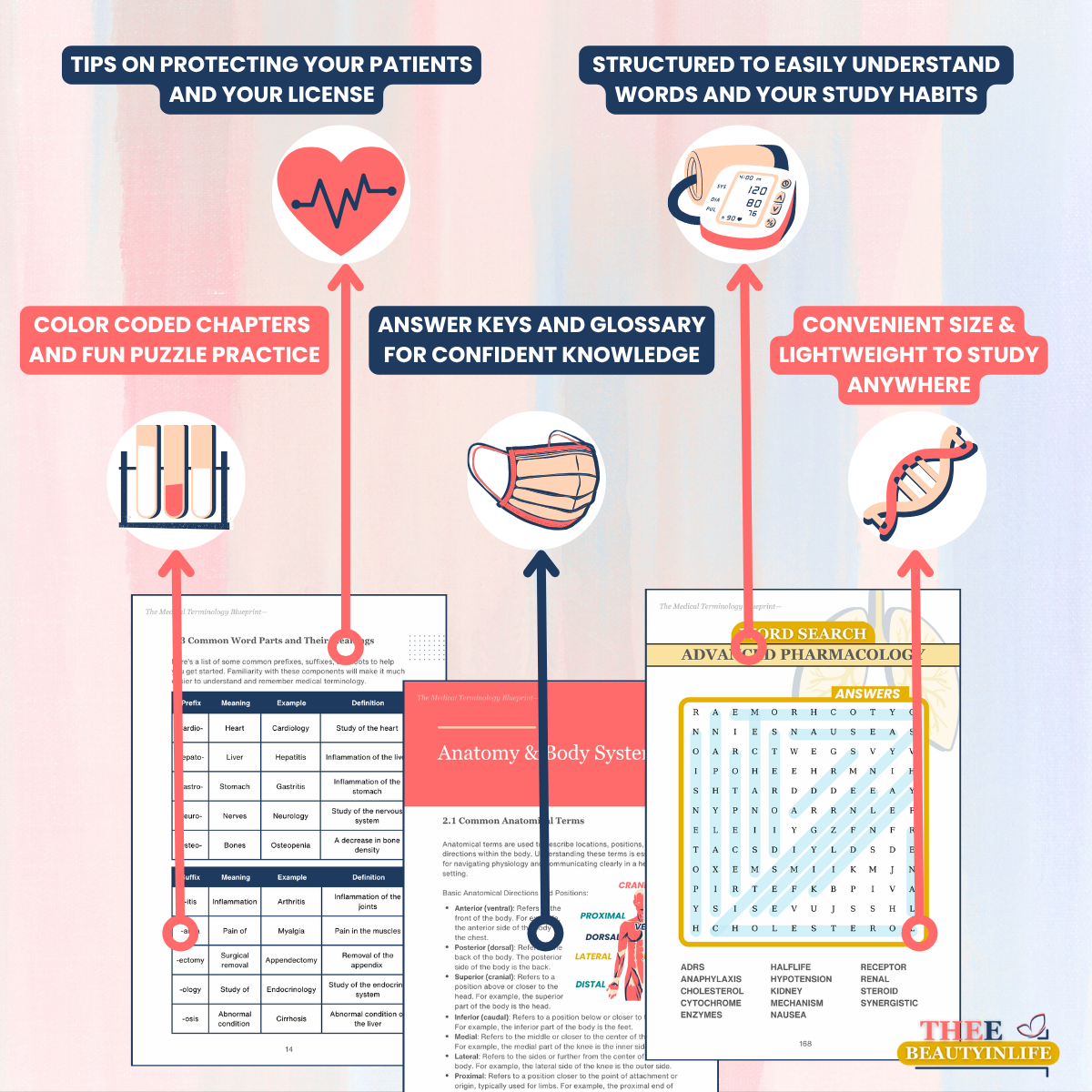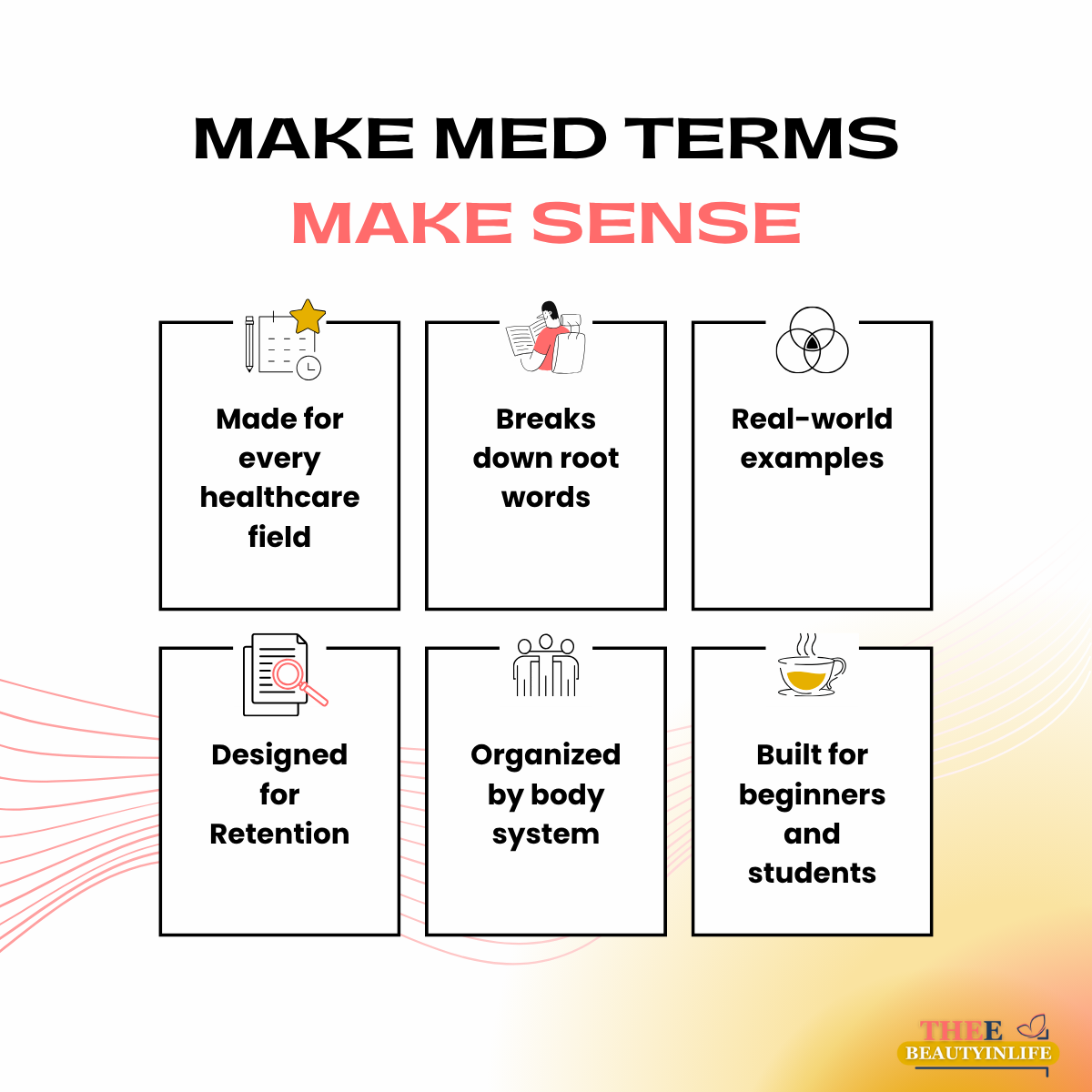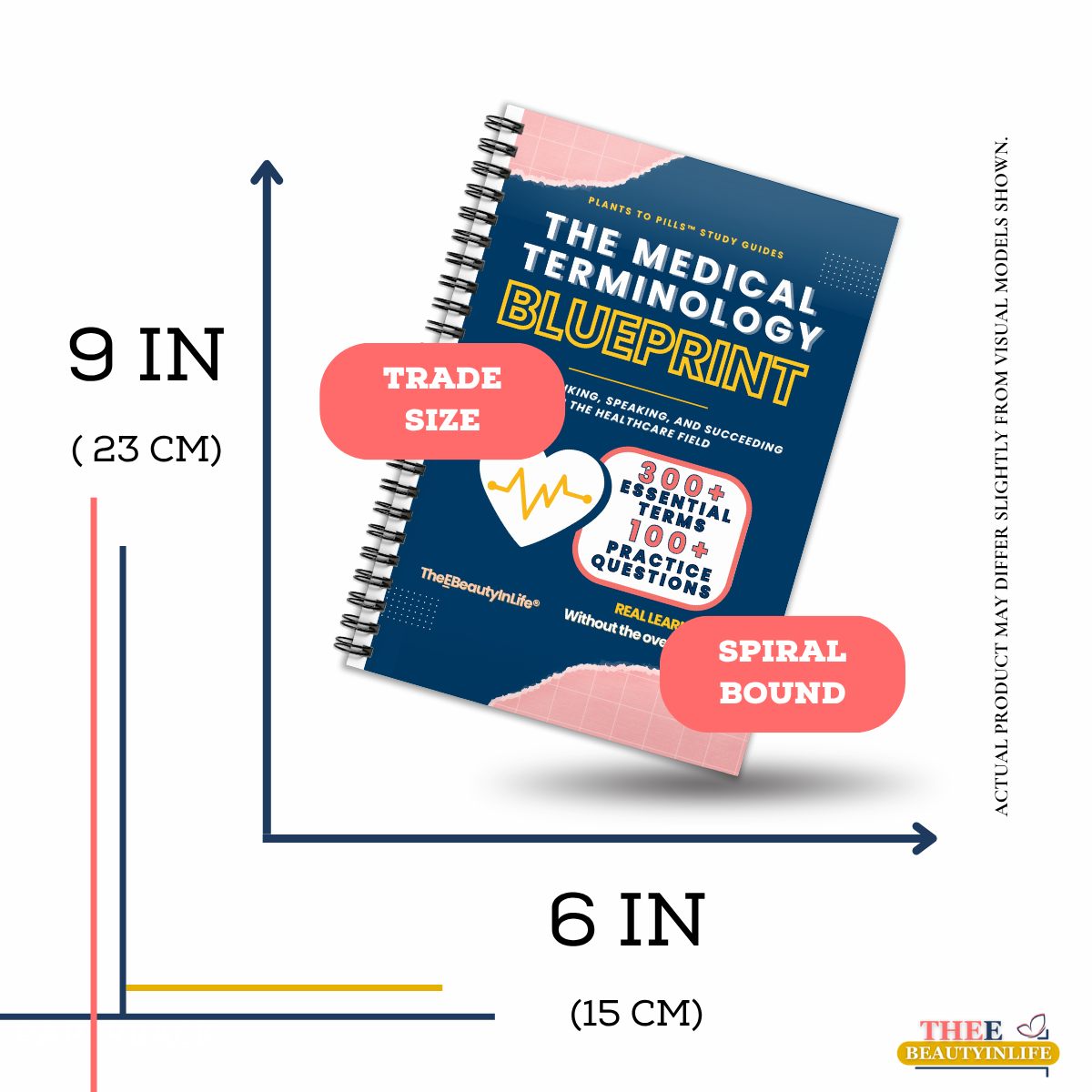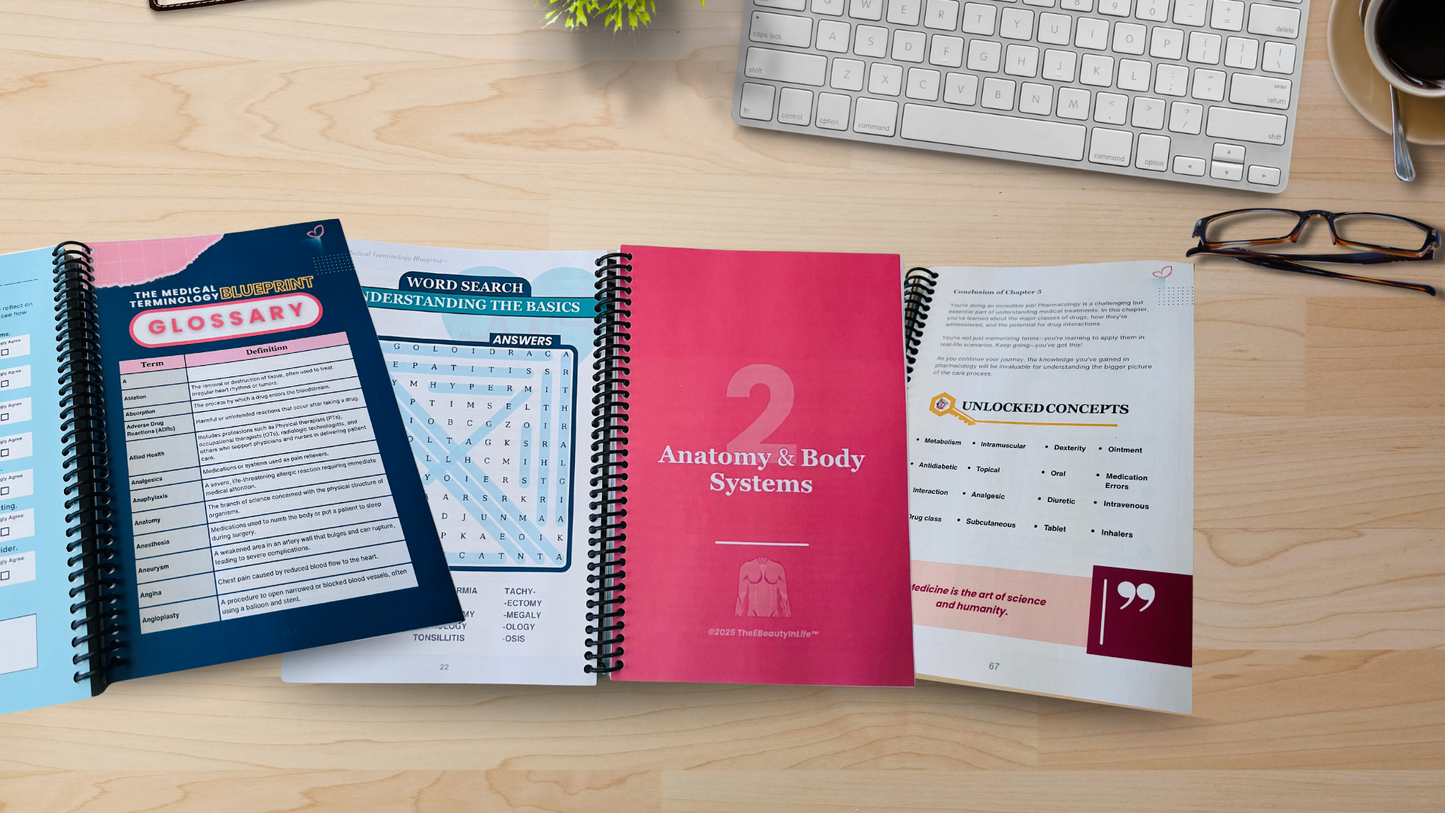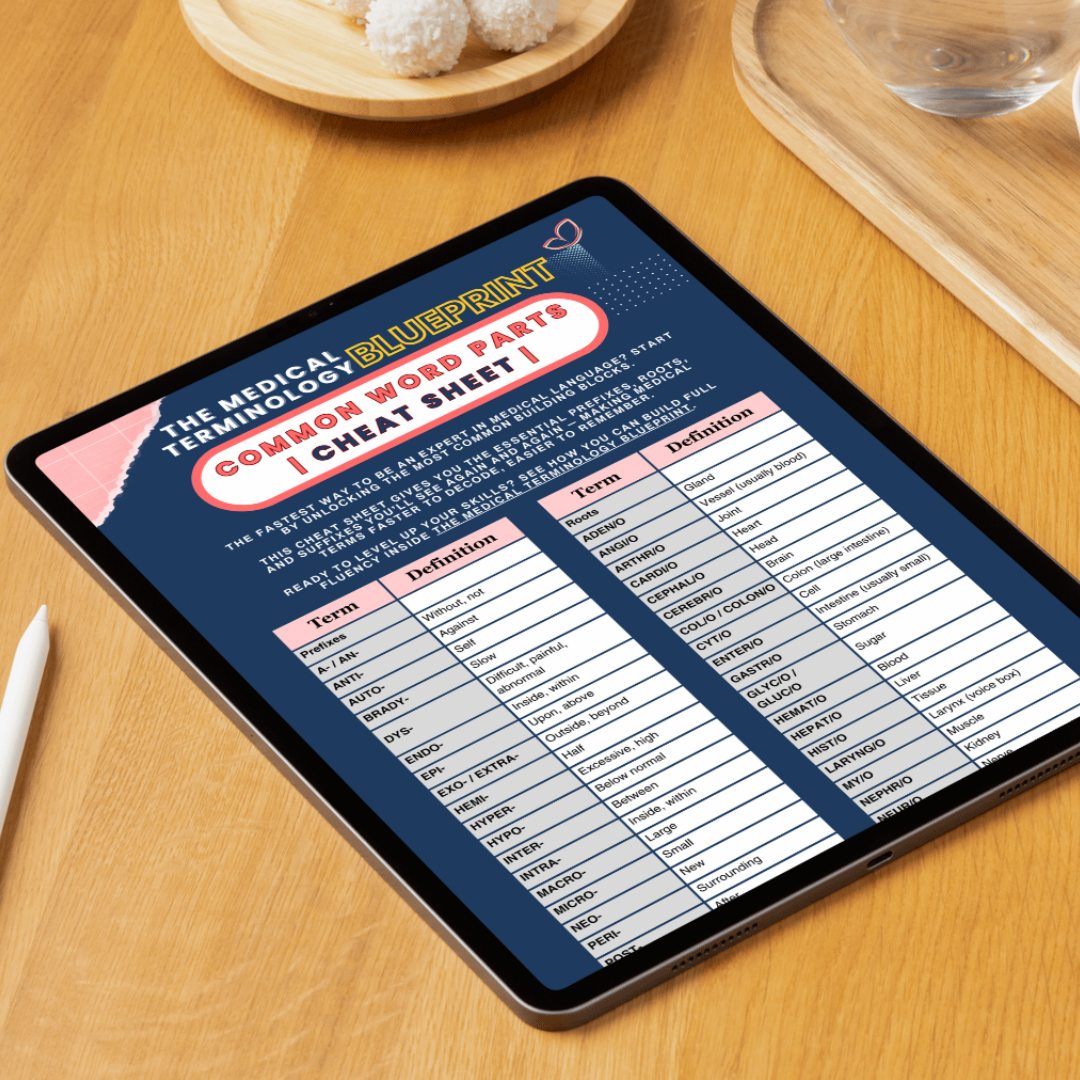
Why Nursing Students Need Rest
Share
Why Nursing Students Need Rest
Are you one of those nursing students who believe that with sufficient caffeine, you can conquer the world—or at least the next 24 hours? You're not alone. When you're balancing clinical hours, endless reading, and exams, sacrificing sleep seems like a minor trade-off. But rest—or the lack of it—could make or break your journey through nursing school, your health, and future career.

The Science of Sleep: How Rest Boosts Brain Power and Mood
In the world of nursing, you're probably becoming familiar with the body’s functions—but how much do you know about sleep's role in cognitive function? Sleep is far from a passive activity. Think of your dreams as nightly maintenance on your mental hard drive. During sleep, your brain processes information, merges memories, and clears out toxins. In other words, it's a free, high-quality brain cleanse.
Imagine a day when you've barely slept. You might feel foggy, irritable, or unable to focus. That's because sleep deprivation affects your brain's prefrontal cortex, which controls cognitive processes like memory and decision-making. For a nursing student, this could mean struggling to recall important medical terms (get help with those here) or making errors in clinical settings. Not exactly ideal.
Real-life Implications of Rest on Test Scores and Clinical Performance
Research shows that sleep can significantly affect academic performance. You need a well-rested brain to process and store all of that new information effectively. This isn’t to say that an occasional “all-nighter” study session won’t be beneficial (we only have so many hours in a day). But remember to give yourself adequate resting time before the actual exam. Create a schedule, study to remember, and don’t make a habit of going into tests completely exhausted.
Medicine is known to be a challenging career field. Mistakes in healthcare can have serious implications, and while everyone makes them, chronic sleep deprivation raises the odds considerably. Being well-rested allows you to be more attentive, sensitive, and empathetic—important traits when you're considering patient safety and care. Finding a balance while you’re in clinicals will help you keep it once you are responsible for your own patients.
Balancing Act: How to Manage Time and Rest
So, how do you juggle it all—classes, clinicals, part-time work, a semblance of a social life—and still prioritize rest? Time management and prioritization are skills you’ll need in and out of school.
Prioritizing Your Schedule First
Try taking a good, hard look at your typical week. Identify essential tasks, like assignments and shifts, and then slot in non-negotiable rest periods. Remember, quality over quantity. A well-rested 5 hours is far more valuable than 5 blink-long naps throughout the day.
If you can manage it, aim for regular sleep schedules. Yes, even on weekends! This internal clock-setting helps regulate your body’s circadian rhythm, making waking up and concentrating during study sessions more natural.
Setting Boundaries: Learning to Say No
It can be a tough lesson, especially when opportunities to take on extra shifts (or make some extra money) come up. However, being selective with your commitments ensures you won't spread yourself too thin. Each "no" could be a "yes" to your own wellbeing. This is also good practice for denying unlawful or unethical requests that will come up during your career and building confidence in your own judgement.
Practical Tips for Building Rest Habits
Ok, enough with the lecture—here’s how can you incorporate more rest into your jam-packed schedule starting today.
Naps:
The “2 o’clock feeling” is a real phenomenon based on your body’s circadian rhythms, and often you just need a reset. Even a short 20-30 minute nap can significantly boost alertness and mood.
No time for a full nap? Consider "meditation breaks" and focus on your breathing, the space between the leaves on a tree, or breaking any chains of thought that arise. These quiet moments can be surprisingly refreshing.
Tech-Free Evenings
Still scrolling before you go to sleep? The blue light emitted by phones and laptops tricks your brain into thinking it's still daytime, delaying the release of the sleep hormone melatonin. Try putting down your devices at least an hour before bedtime, and try something relaxing like a stretch routine?
Creating a Restful Environment
Transform your room into a sleep oasis. Dim the lights, buy blackout curtains—anything that signals to your brain that it’s winding down time. Some find that introducing white noise, like a fan or sleep app, helps drown out distractions.
Key Takeaway
As a nursing student, it's easy to undervalue the importance of rest in the midst of hustle-culture and pressure to succeed. But giving yourself some downtime can sustain your long-term performance, mood, and health. “Challenge” yourself to make rest a daily priority and mix and match these strategies until something clicks. You've got this!
Need a study guide to help you make the most of your time?
The Medical Terminology Blueprint was created to develop a learner’s mindset, clinical judgement strategy, and in demand skills for the healthcare field. It’s got common terms and tips for beginner medical students to build an efficient and balanced knowledge foundation.
If you’re just getting started—or starting over—it’s a resource worth looking into.
Want more tips like this?
Stick around—new posts are upcoming. You can also join the list to get helpful strategies (and a free cheat sheet) delivered straight to your inbox.




